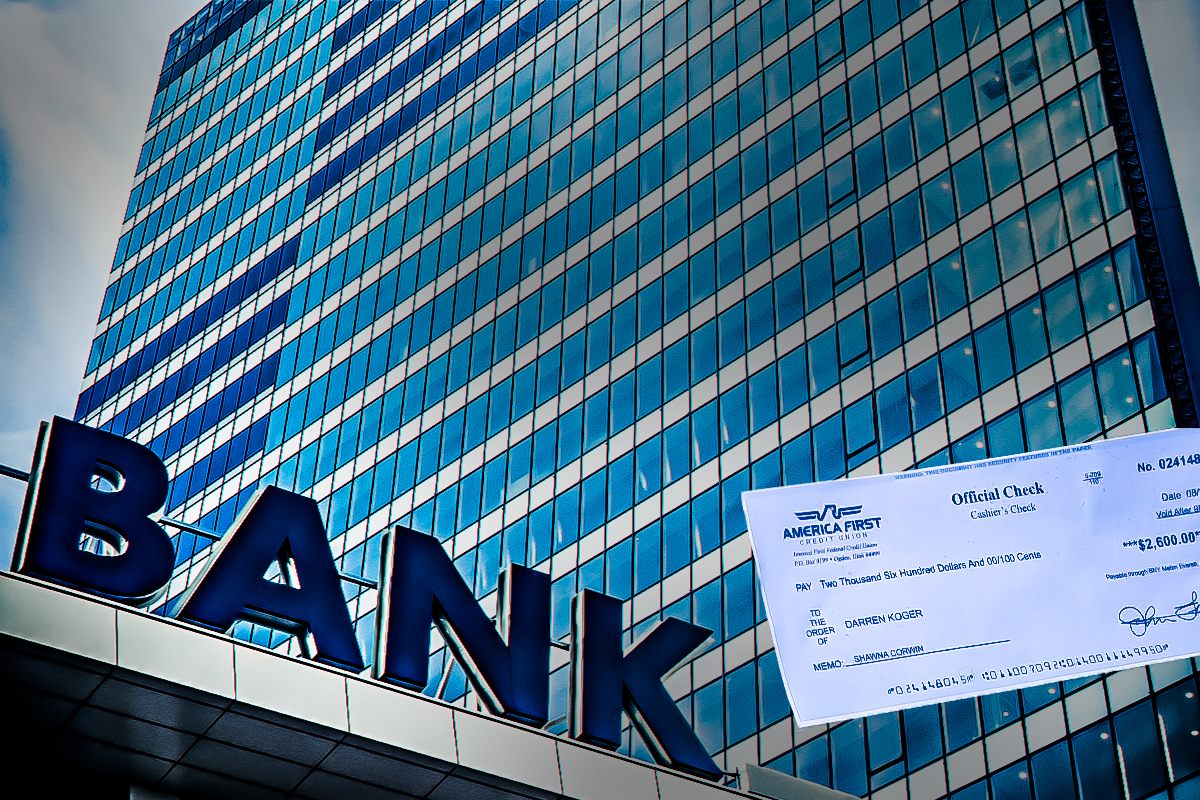Are there any Negative Side Effects of a Cheque?





- Other Markets
- July 6, 2023
Are there any Negative Side Effects of a Cheque?
What is a cheque?
A cheque is a signed, written order given to the bank to pay money to the receivers, out of the payee’s account.
How Cheque banking can lead to fraud?
If you are using a cheque, it is handled by at least 20 people between the time it is submitted to the bank for payment. It means that a scammer has many occasions to intercept the cheque. Sophisticated and professional criminals will alter the cheque to perfection that isn’t visible to the naked eye.
Expert recommendation: Research shows that electronic payments are safer than cheques. Most banks feature accounts that let you pay through ATMs, the internet, or a “bank-by-phone” system. One can use this service to fulfill their electricity, telephone, rent payments, rates and taxes, and many more liabilities. On top of that, it will save time and effort. Electronic account payment is a new trend, in case you find difficulty understanding it, you can always connect to the bank’s customer service.
What Is a Bounced Cheque?
A bounced cheque is a short form for a cheque that will not be processed because the account holder has insufficient funds (NSF). The other terms for failed cheques are bank returns, bounced cheques, and rubber cheques. Instead of discarding them, the banks charge additional NSF fees.
Passing on a bounced cheque can be illegal, and the crime can range from a violation to a felony, depending upon the amount and if the activity involves crossing state lines.
Points to Remember
- A bounced cheque comes into being when the bank account/ cheque owner doesn’t have sufficient funds available to go ahead with the cheque payment written to the payee.
- When a cheque bounces, the payee doesn’t get away from the bank, resulting in fines and banking restrictions.
- Additional penalties for bounced cheques include negative credit scores, merchants refusing cheques, and potentially legal cases.
- Some banks offer overdraft protection to assist their customers in preventing cheque bounce.

